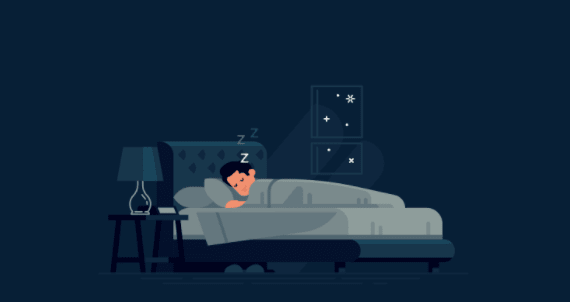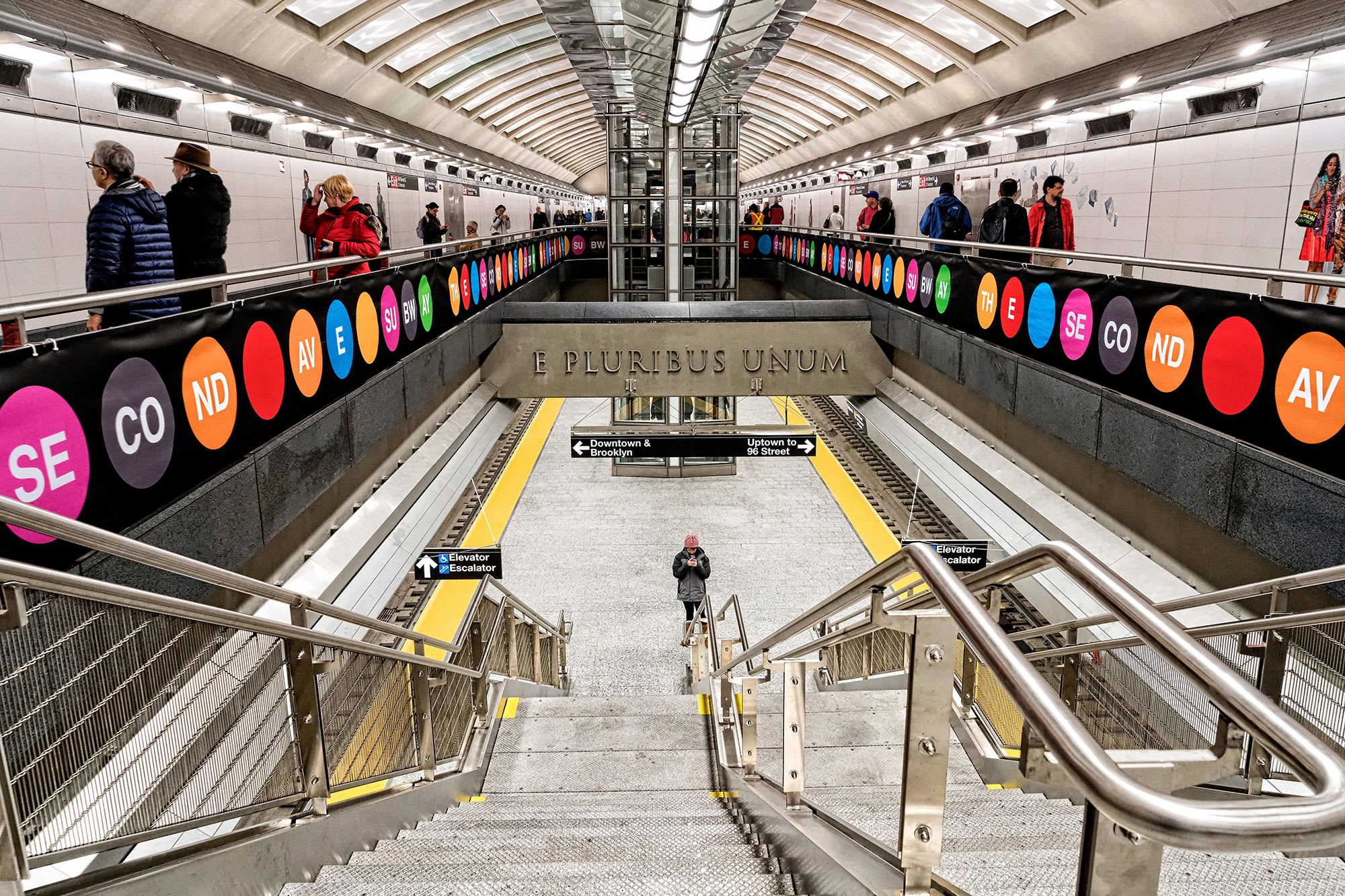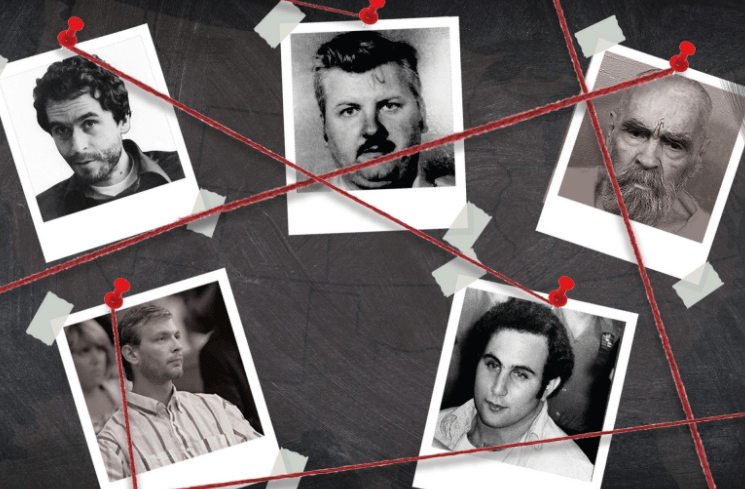By:Katherine Lenshin
Sleep deprivation has always been a trend, as well as a problem in the high school society. The number of people not getting enough sleep has alsoconsequently risen with the arrival of the coronavirus pandemic and quarantine. However, sleep tends to be disregarded as a problem to be dealt with later. ‘Pulling all nighters is just temporary, you can always catch up later.’ Unfortunately, that’s not how sleeping works. It is not a credit system, andtherefore you cannot make up for hours of lost sleep during your free time. The damage is already done, but it is never too late to start sleeping better, which is the reason why knowing and recognizing the importance of sleep can be beneficial for everyone.
Why People Sleep
In the past, the question of why humans sleep had only the briefest answer. “We sleep to cure sleepiness”, using the same logic that surroundsing the idea that “we eat to cure hunger”. However, in the last 2 decades, substantial studies and research have been providing more information onand evidence of why the process of sleeping is so important to life and it’s survival. The general answer would be “Is there anything that sleep doesn’t serve in terms of a benefit for either the brain or the body?” Sleeping is the body’s time to rest and recharge all the organs and organ systems of the body for the following day. Sleep is kind of like a human's personal charger if they were compared to a phone.
Why You Should Sleep
The consequences of losing sleep are more severe than you would realize, and it can have a negative impact on many health categories. One of the biggest events which sleep studies usesleep studies done, whichthat affects 1.6 billion people and undertakes about 60 different countries twice a year, is daylight savings. This practice shows the effects of losing and gaining sleep. On March 14, we recently experienced daylight savings when everyone, except the citizens in countries that don’t observe this practice, lost 1 hour of sleep. There was a 40% increase in heart attacks the following day. Yet in the fall, when everyone gaineds an hour, there was a 21% recorded reduction in heart attacks worldwide. Events with increased rates of impact linked to daylight savings also include traffic accidents and suicide rates following daylight savings in the March of every year. This data “shows how fragile and vulnerable our cardiovascular systems are”, and how sleep plays a big role in their well-being.
Furthermore, with a lack of sleep, your immune system weakens. After 1 night with only 4 hours of sleep, there is a 70% drop in the amount of natural killer cells (which are responsible for detecting and destroying malignant cancer cells). In addition, due to a shortened sleep timetime of sleeping, your brain does not manage to fully cleanse itself of beta amyloid proteins using the Glymphatic system. TheseBut, those proteins are a main component in the development of one of the most feared diseases, Alzheimers, and thus after one night there is an immediate increase in the number of the toxic proteins circulating. The lack of sleep is also connected to psychiatric conditions such as anxiety, depression, PTSD, schizophrenia, and suicide.
How You Can Sleep Better
SAs mentioned, sleep is very important for the health and survival of a human. However, some people may struggle with actually sleeping in itself, even if they want to. More serious problems such as insomnia or sleep apnea should get diagnosed and treated by professionals. Less serious cases can be improved on by using some methods to fall asleep easier and/or quicker. Starting with the temperature, the key is to keep it cool. The brain and body need to drop at least 1 degree C or 2 degrees F for someone to fall asleep and stay asleep. Taking hot baths right before can help make the release of heat from the skin's surface after getting out more drastic, which leads to a faster drop in temperature, hence making a person ready for sleep. Another trick is to keep it dark. Humans require darkness at night to trigger the release of melatonin which alerts the brain its sleep time. Therefore by staying away from devices and dimming surrounding lights in advance, you are naturally sedating your body to go to sleep. Lastly, your bodies are good at adjusting to patterns, so if you can go to sleep and wake up to sleep at the same time your body will naturally get in tune with the regularity, and help you wind down at the same time each night.


